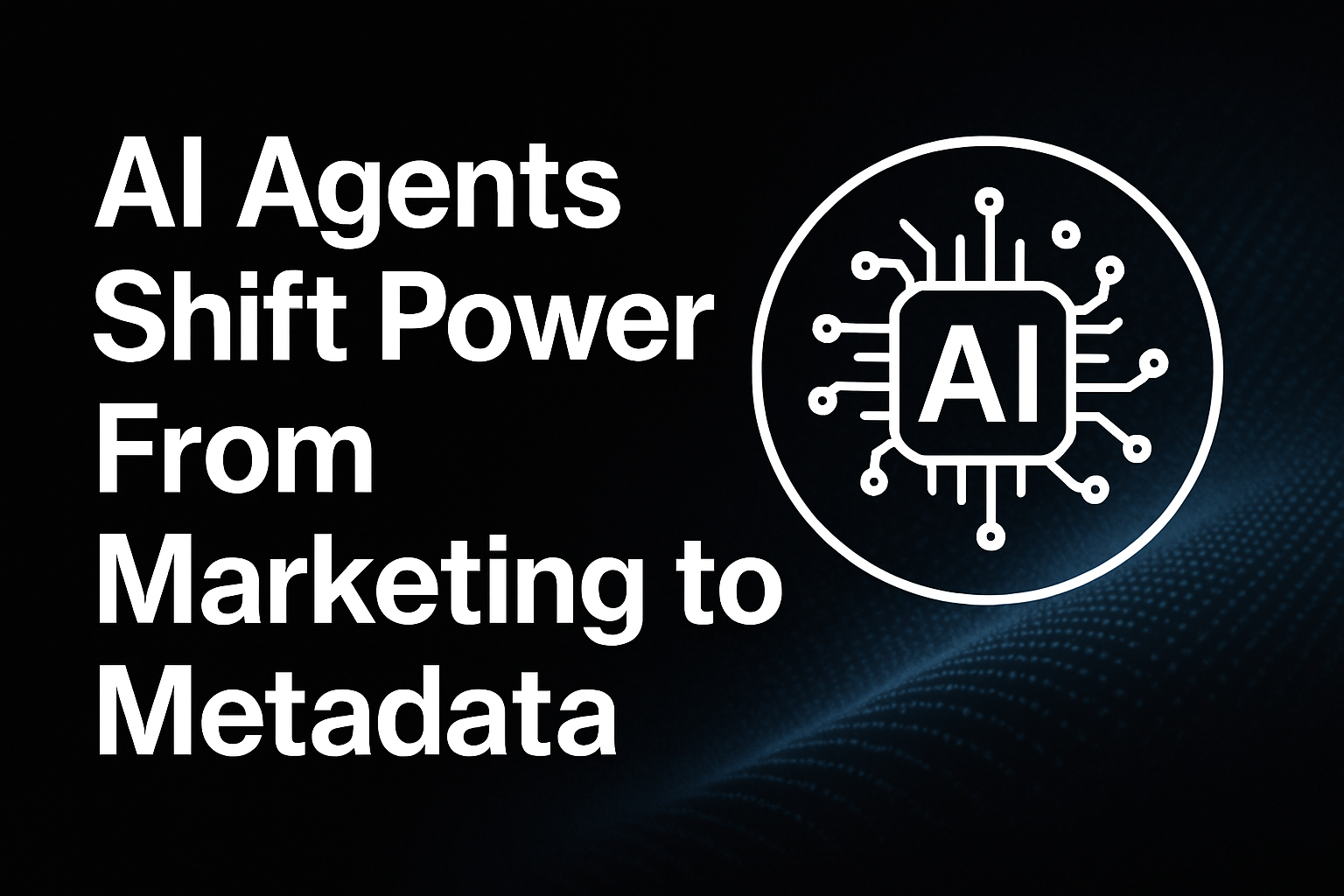A recent survey by multinational law firm Arnold & Porter reveals that over 85% of life sciences organizations plan to fully implement new AI tools within the next two years. The survey, which included 100 senior executives and department heads, highlights several key insights:
- Research and Development (R&D) Leads AI Adoption: Approximately 79% of respondents are utilizing or intend to utilize AI to enhance drug discovery and streamline clinical trials. AI is also being integrated into manufacturing (62%), marketing (45%), and regulatory functions (42%) to optimize the entire product lifecycle.
- Challenges in AI Governance: Only 55% of companies currently using AI have established formal policies or standard operating procedures. Furthermore, just 51% have conducted regular AI audits or formed cross-functional teams to oversee safe and compliant AI usage. This indicates a need for improved risk management and compliance strategies.
- Tangible Benefits in Product Development: Around 50% of participants have explored AI to optimize product discovery and design, aiming for faster market entry and increased efficiency. Additionally, 85% reported that AI-driven initiatives have significantly enhanced commercial effectiveness.
- Intellectual Property (IP) Concerns: Nearly 74% of respondents expressed significant concern about potential IP challenges arising from AI within the next year. As AI-driven innovations continue to reshape the industry, companies are increasingly vigilant about protecting their breakthroughs.
- Expanding Role in Patient Care and Diagnostics: The survey suggests that AI-enabled diagnostic tools, clinical trials, and AI-assisted treatment plans will soon become standard across healthcare. However, with regulators signaling heightened scrutiny of AI use from a compliance perspective, companies must address governance gaps to ensure safe, effective, and compliant use as they progress with AI integration.
The report also explores AI-related issues affecting privacy and cybersecurity, manufacturing and supply chain, commercialization, payments, governance and compliance, implementation, and global considerations.





